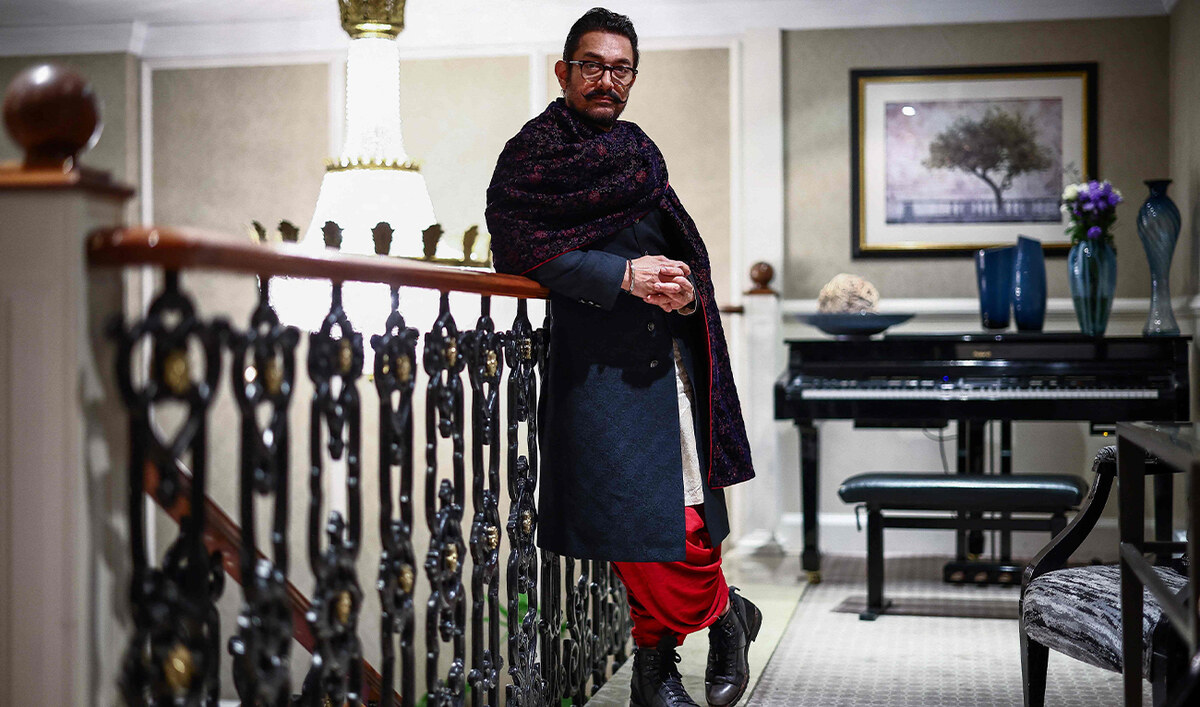DUBAI: With its recently announced Qiddiya City, a sprawling gaming and esports district, as well as the Esports World Cup set to take place in Riyadh this summer, Saudi Arabia has further solidified the Kingdom’s intention to become a global gaming destination.
Fabio Tambosi is the senior VP of global marketing at ESL FACEIT Group, a gaming and esports company acquired by Saudi Arabia’s Savvy Games Group — which is 100 percent owned by the country’s Public Investment Fund — for $1.5 billion in January 2022. He spoke to Arab News about the rapidly growing industry.
“Saudi Arabia is a country of the young, and gaming is a part of daily lives, shaping the society today. With around 70 percent of the population under the age of 35 and around 67 percent of the demographic being gamers, half of them women, gaming and esports are a fabric of life,” Tambosi told Arab News ahead of his appearance at Dubai Lynx 2024 Festival of Creativity, set to take place on March 5.
Tambosi said events such as Gamers8 and the Esports World Cup would open up opportunities for game developers, publishers and other stakeholders to innovate and create experiences that resonate with the preferences of Saudi gamers.
But the real driver of esports and gaming in the region would be mobile gaming, Tambosi said.
“With 93 percent of Saudi demographics owning a mobile phone, mobile games have become a new and exciting form of entertainment, with players engaging in social gaming experiences, and connecting with friends online,” he said. “This mobile gaming trend has also contributed to the growth of esports and competitive gaming, offering players a clear path to pro play, creating opportunities for a new generation to become professional esports athletes, open for all.”
When asked about what surprised him about the Saudi gaming industry, Tambosi pointed to diversity and representation, as well as Saudi gamers’ interest in diverse gaming genres.
“Women represent 48 percent of the gaming population in the Kingdom, the industry is actively engaging in fostering and inspiring the next generation of women leaders and esports athletes, hosting women-only qualifiers and tournaments,” he said.
“The Saudi gaming community has shown a keen interest in diverse gaming genres and rapid adoption of new technologies, including both international and locally produced content and innovative platforms. This openness to various gaming experiences highlights the cultural richness and adaptability of Saudi gamers.”
And while the next big thing in Saudi gaming looks to be mobile esports, Tambosi also talked about other trends, including augmented and virtual reality gaming as well as localized gaming titles to cater to the linguistic and cultural preferences of Saudi gamers.
“Collaborations between esports organizations, gaming content creators and traditional entertainment could become more common and could breed innovation in the space,” he said. “This could include partnerships with musicians, influencers and other entertainment figures to create unique and engaging content.”





















